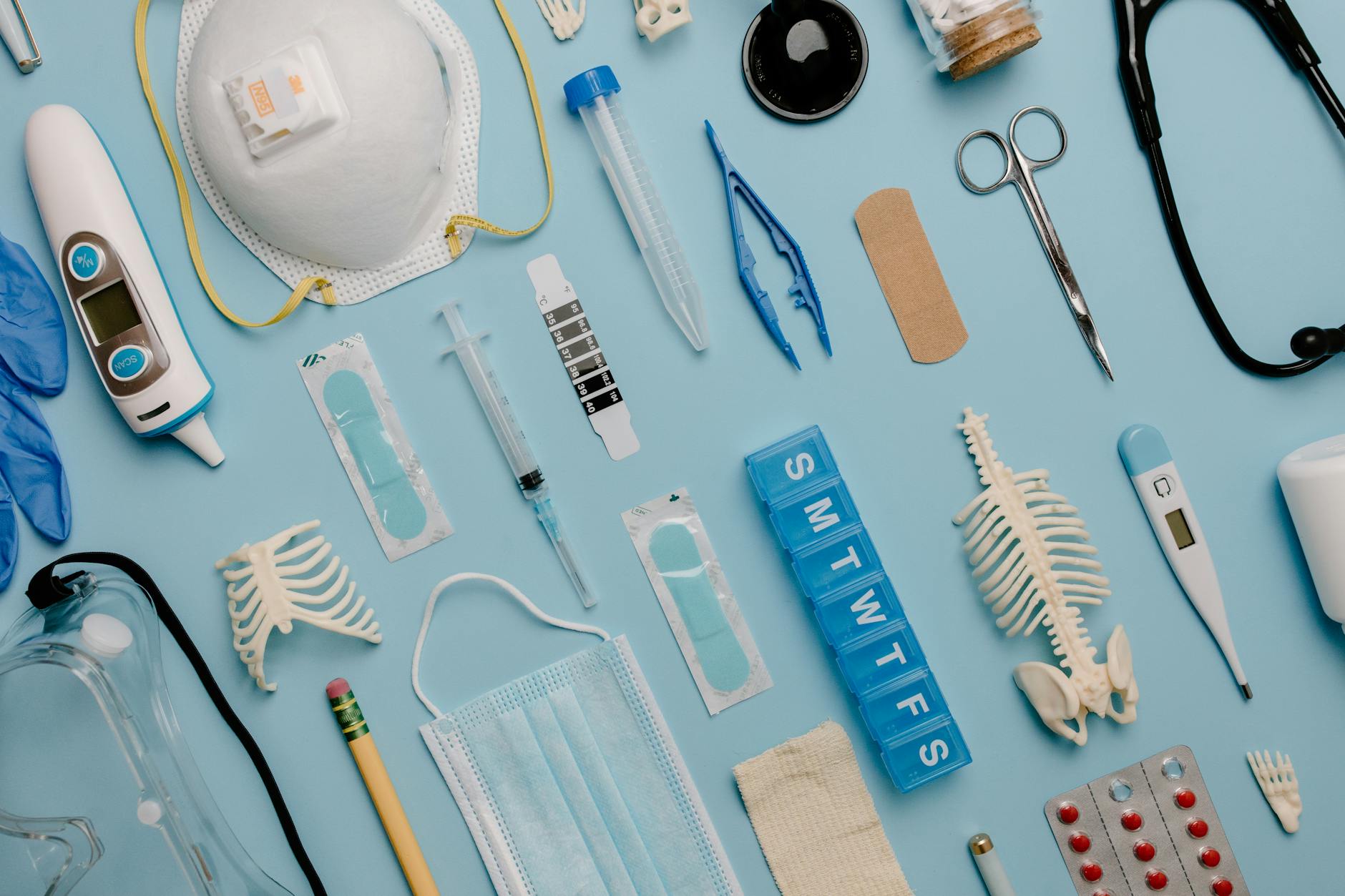Periodontics is a specialized field of dentistry focused on the structures that support the teeth, including the gums, alveolar bone, cementum, and periodontal ligament. This discipline is crucial for maintaining oral health and preventing diseases that can affect these supporting tissues.
The Scope of Periodontics
Periodontics primarily deals with the prevention, diagnosis, and treatment of periodontal disease, also known as gum disease. This condition ranges from simple gum inflammation (gingivitis) to severe disease that results in major damage to the soft tissue and bone supporting the teeth. Periodontal disease is a significant public health concern as it can lead to tooth loss if left untreated.
Causes and Risk Factors
Periodontal disease is caused by bacteria in dental plaque, a sticky, colorless film that forms on teeth. However, several factors can increase the risk of developing periodontal disease. These include smoking, poor oral hygiene, genetics, certain illnesses (such as diabetes), and medications that reduce saliva flow. According to the Abu Dhabi Department of Health, smoking is one of the most significant risk factors associated with the development of periodontal disease.
Symptoms and Diagnosis
Symptoms of periodontal disease include swollen or bleeding gums, persistent bad breath, receding gums, and loose teeth. Early diagnosis is crucial for effective treatment. Periodontists use various diagnostic tools such as periodontal probing, radiographs, and sometimes advanced imaging techniques to assess the health of the periodontal tissues.

Treatment Options
Treatment for periodontal disease depends on the severity of the condition. In the early stages, non-surgical treatments such as scaling and root planing (deep cleaning) are often sufficient. These procedures remove plaque and tartar from below the gum line and smooth the tooth root to help gums reattach to the tooth. For more advanced cases, surgical treatments such as flap surgery, bone grafts, and tissue regeneration might be necessary.
Preventive Measures
Preventive care is a cornerstone of periodontics. Regular dental check-ups and cleanings are essential for preventing periodontal disease. Patients are also encouraged to maintain good oral hygiene practices at home, including brushing at least twice a day, flossing daily, and using mouthwash. The Ministry of Health and Prevention UAE emphasizes the importance of a balanced diet and avoiding tobacco products as part of a comprehensive approach to oral health.
The Role of Periodontists
Periodontists are dental specialists who undergo extensive training in the field of periodontics after completing dental school. They are experts in managing periodontal disease and performing cosmetic periodontal procedures to enhance the appearance of the smile. This specialized training enables them to tackle complex cases that require advanced treatment techniques.

Advanced Periodontal Treatments
In addition to treating periodontal disease, periodontists are skilled in performing advanced procedures such as dental implant placement. Implants are used to replace missing teeth and are anchored into the jawbone, providing a stable foundation for artificial teeth. Periodontists also perform procedures to improve the aesthetics of the gums and smile, such as crown lengthening and soft tissue grafts.
Conclusion: The Importance of Periodontal Health
Maintaining periodontal health is vital for overall oral health and well-being. Periodontal disease can have serious consequences if left untreated, but with proper care and regular visits to a periodontist, it can be effectively managed and prevented. For comprehensive information on periodontal health and treatment options, resources such as the Dubai Health Authority and the Ministry of Health and Prevention UAE provide valuable insights and guidance.
